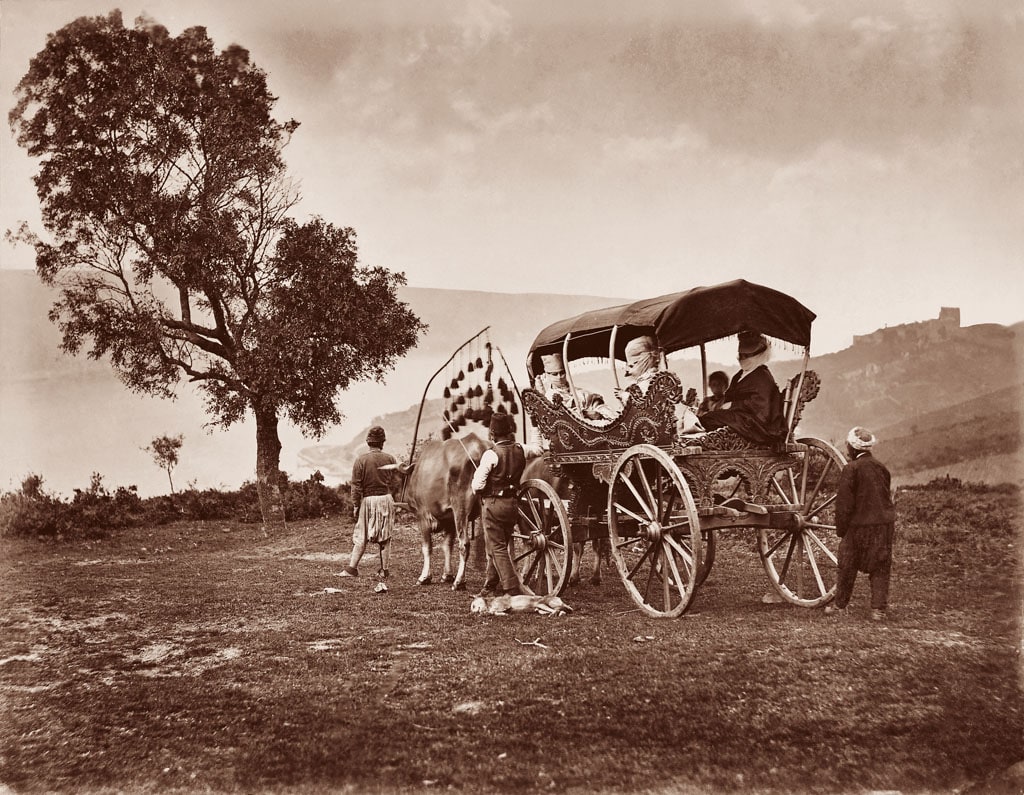Director: Gianni Borgna, Enrico Menduni
Italy, Morocco, 77’, 2013, black & white
Italian with Turkish subtitles
The film explores, through poetry and cinema, Pasolini’s love for Africa and his hope of finding there the authenticity of peasant life and revolutionary force he had sought in vain in his native Friuli and in the villages around Rome. It was an Africa with frayed and indefinite boundaries, one that was born - in the poet’s words - in the same suburbs described in his first film Accattone. This is where Prophecy starts out: the place where the Roman lumpen proletariat used to live is filled today with thousands of immigrants from outside Oedipus Rex and The Gospel According to St. Matthew testify to the poet’s love for Africa, as does the conversation in Paris with Jean-Paul Sartre on the Vangelo secondo Matteo. Above all, though, it was in La rabbia that he depicted an Africa bearing all the marks of injustice and showing all the signs of hope. These too were to be disappointed: Africa was a repository of irremediable contradictions that would erupt into degradation, into dictatorships, into the massacres of yesterday and today, whose violent images are contrasted with the sober and stark ones of Pasolini, in black and white. The prophetic quality of Pasolini’s observations continues to disturb us, in particular when he describes- thirty years before it actually began to happen -the exodus of Africans on ramshackle boats and their “conquest” of Italy. But the prophet was destined for a premature death, like Accattone, to which the beginning and the tragic end of the film are dedicated.

Following the opening of his studio, “El Chark Societe Photographic,” on Beyoğlu’s Postacılar Caddesi in 1857, the Levantine-descent Pascal Sébah moves to yet another studio next to the Russian Embassy in 1860 with a Frenchman named A. Laroche, who, apart from having worked in Paris previously, is also quite familiar with photographic techniques.

The exhibition Look at Me! Portraits and Other Fictions from the ”la Caixa” Contemporary Art Collection examines portraiture, one of the oldest artistic genres, through a significant number of works of our times. Through the exhibition we will be sharing about the artists and sections in Look At Me!.
Tuesday - Saturday 10:00 - 19:00
Friday 10:00 - 22:00
Sunday 12:00 - 18:00
The museum is closed on Mondays.
On Wednesdays, the students can
visit the museum free of admission.
Full ticket: 300 TL
Discounted: 150 TL
Groups: 200 TL (minimum 10 people)